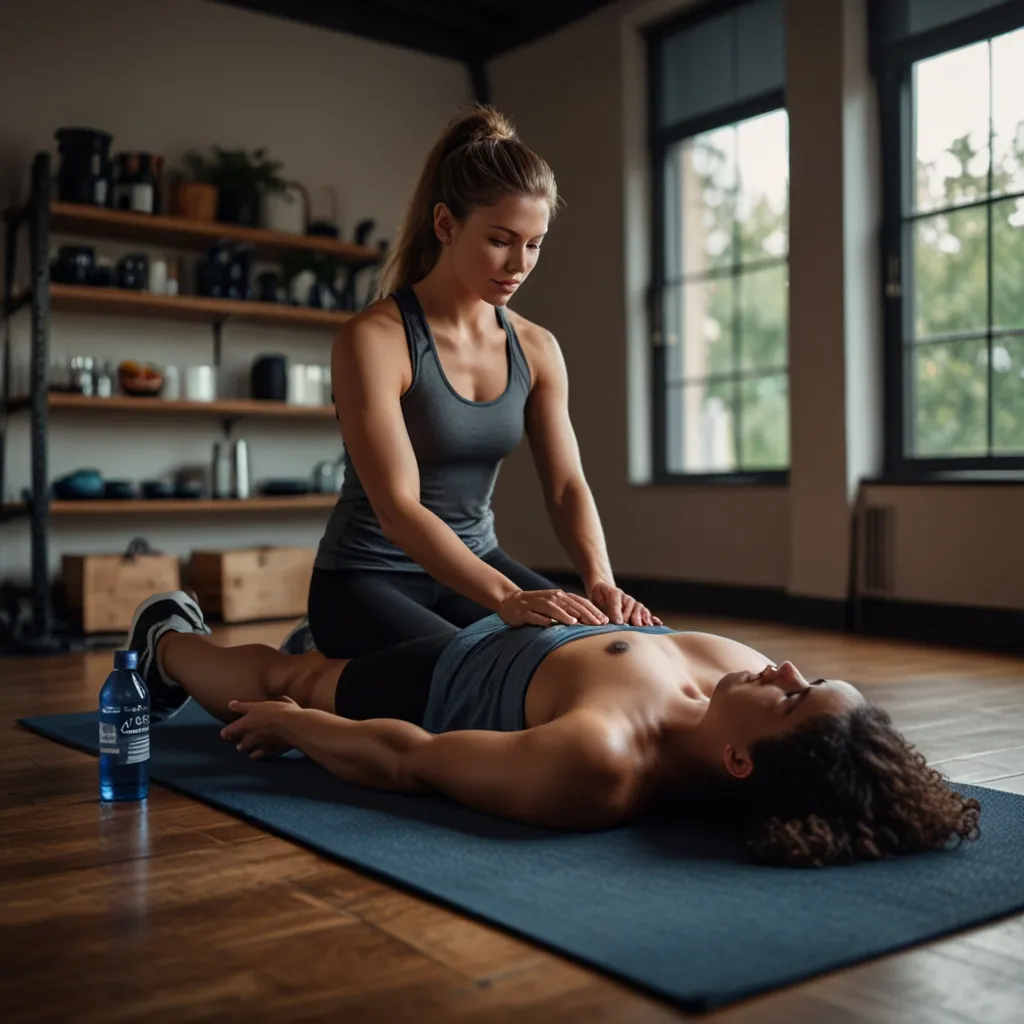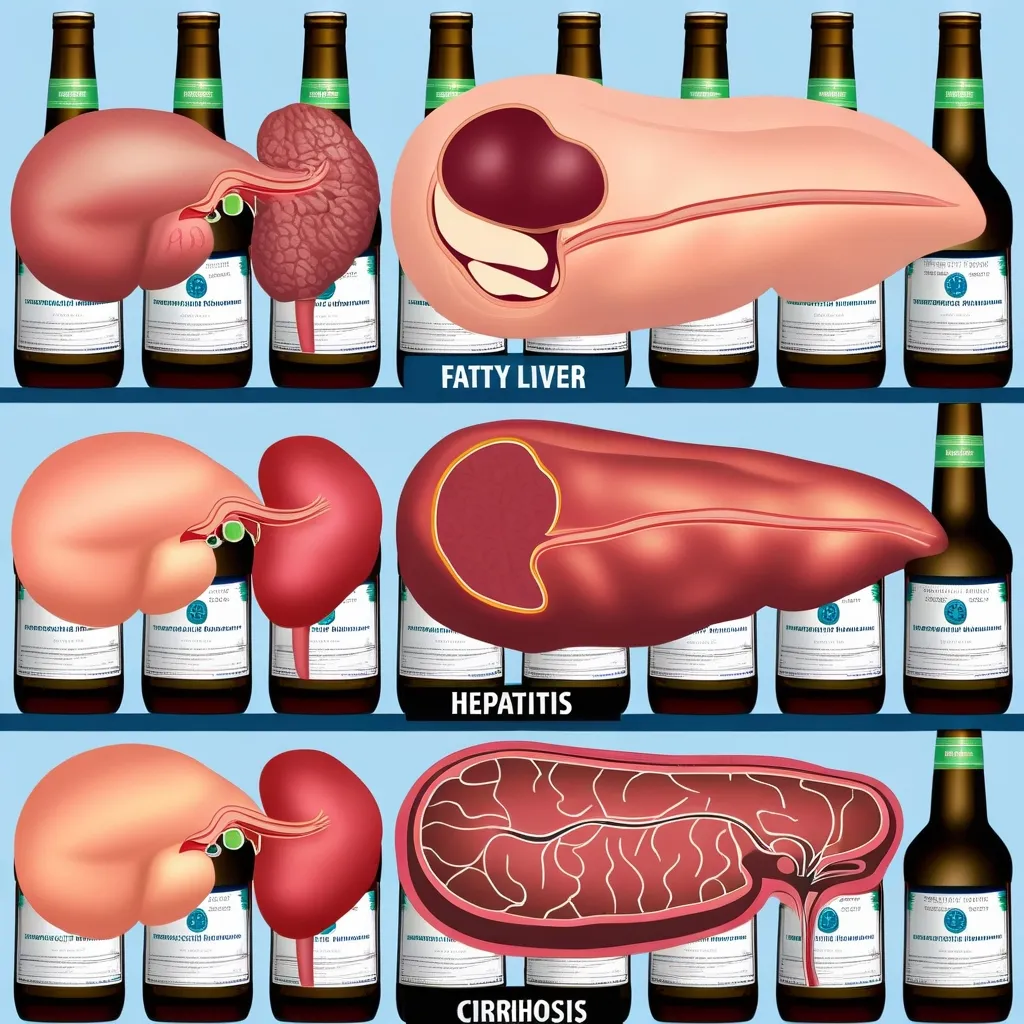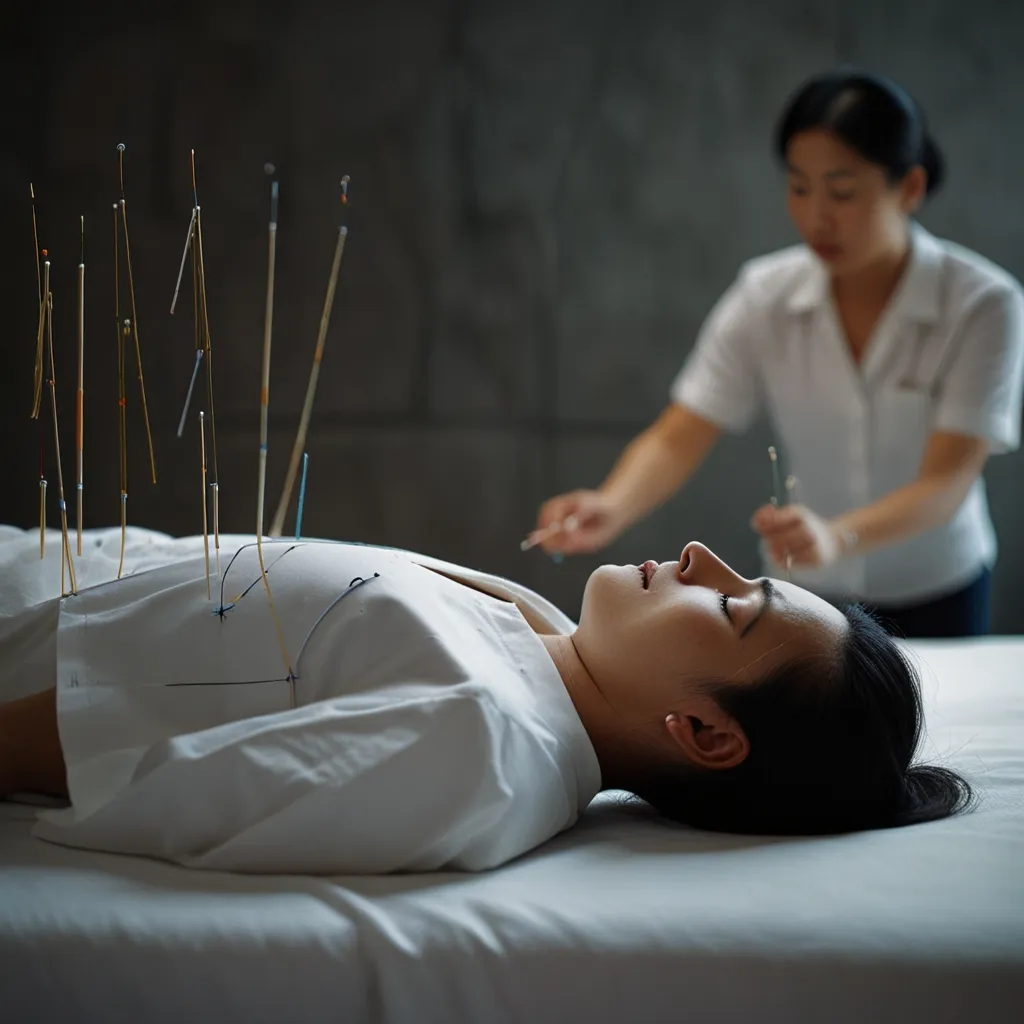Managing arthritis pain can be super tough, but it’s crucial if you want to stay active and enjoy life. Whether dealing with osteoarthritis (OA) or rheumatoid arthritis (RA), chronic pain can really mess with your daily routine. Luckily, there are plenty of ways to keep the pain in check without relying just on pills.
First off, arthritis pain goes beyond just aching joints. It can involve nerve pain and inflammation, so it’s good to mix up your treatment methods. Sure, NSAIDs (Nonsteroidal Anti-Inflammatory Drugs) are great for those surprise pain spikes, but they aren’t the best for long-term use because of their side effects. Use them sparingly when the pain really flares up.
Topical medications are a lifesaver. These creams, gels, and patches get applied right where it hurts, numbing nerve endings or reducing inflammation. Capsaicin creams give a tingly feeling that blocks pain, while menthol and camphor creams produce a cool sensation that distracts from the pain. They’re a safer bet than oral meds since they focus directly on the pain spot, minimizing risks like stomach or heart issues.
Footwear matters more than you’d think. Wearing flat, flexible shoes like good ol’ sneakers can ease the pressure on your knees and hips. But don’t forget the arch support; it keeps other foot problems, like plantar fasciitis, at bay. The right shoes can make walking and moving around so much easier and less painful.
Steroid injections are another option to consider. These shots, filled with cortisol, go straight into the joint to ease inflammation and provide quick relief. They’re especially useful for inflammatory pain, but don’t overdo it. Frequent use can harm your joints.
Exercise is a game-changer for arthritis pain. It boosts joint mobility, strengthens muscles, and reduces pain and stiffness. Low-impact exercises like walking, swimming, and biking are perfect since they don’t stress the joints too much. Steer clear of high-impact activities like running. Gentle home exercises like leg kicks, arm raises, and shoulder stretches can also keep joints healthy.
Diet changes are super effective in managing pain. Eating anti-inflammatory foods like fish and flaxseeds, which are rich in omega-3, can help a lot. Turmeric’s curcumin has properties that match some pain relievers. Don’t forget Vitamin D for bone health, especially if you have rheumatoid arthritis.
Supplements can be a big help too. Curcumin, omega-3 fatty acids, and Vitamin D are popular choices. Curcumin is as effective as ibuprofen for reducing joint pain, omega-3 offers a modest symptom reduction, and Vitamin D supports bone health. Always chat with your doctor before adding new supplements to ensure they won’t mess with your meds or overall health.
Heat and cold therapy are simple yet effective tricks. Heat boosts blood flow and cuts down stiffness, while cold reduces inflammation and numbs pain. Switching between the two can work wonders for relief and joint flexibility.
Lifestyle changes are also key. Maintaining a healthy weight takes the pressure off your joints, especially those in your knees and hips. Opt for low-impact activities and steer clear of those that could cause more harm. Stress-relief techniques like meditation or deep breathing can also make a noticeable difference in pain management.
Sometimes, seeking professional help is the way to go. Specialists can offer additional treatments like physical therapy to improve joint mobility and strength. Assistive devices like canes can make daily tasks easier. Experts can also tailor specific exercises and meds to your condition.
In severe cases, surgery might be the answer. Procedures like joint replacement or cartilage grafting can offer lasting relief. Thanks to new advances in anesthesia and pain control, these surgeries are now more comfortable and effective.
Managing arthritis pain involves a mix of medication, lifestyle adjustments, and professional advice. Combining these approaches can hugely reduce pain and boost your quality of life. Always talk to your healthcare provider to find the best plan for you.






